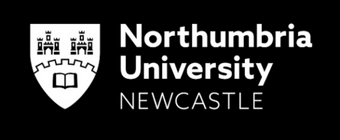Quantity surveyors play a vital role in the building and construction industry around the world.
- On the Quantity Surveying BSc course at Northumbria you will learn to cost building designs, manage the procurement of resources and negotiate effectively with partners. Learning outcomes are aligned with the professional requirements of the Royal Institution of Chartered Surveyors (RICS) to ensure you graduate with the practical, analytical, creative skills and problem-solving abilities to progress to the next level.
For over 40 years, our relationship with RICS has meant strong links with the construction and property industry and an opportunity to spend a year in paid employment, means this well-respected undergraduate degree provides a strong foundation for a career in quantity surveying.
What does a Quantity Surveyor do?
Working alongside other professionals, they manage the financial and legal aspects of building projects from initial estimate to final calculation.














